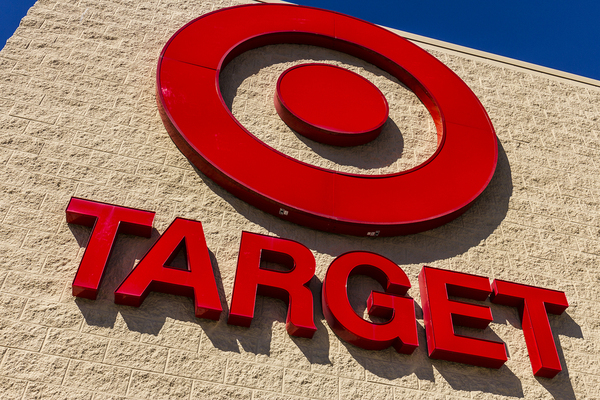EXCERPT: Banks are increasingly boosting their cyber security efforts, and in particular, are reviewing and monitoring outside vendors to ensure the sensitive data does not get into the wrong hands. As such, this heightened scrutiny is leading to a growth in tension between banks and their vendors.
 Cybersecurity continues to increase for banks. They are now required to take specific measures to secure their data when working with third-party vendors.
Cybersecurity continues to increase for banks. They are now required to take specific measures to secure their data when working with third-party vendors.
The threat of cyber attacks continues to loom over businesses, including financial institutions across the country. Considering the sensitivity of the information held by banks, a continually evolving and increasingly stringent set of cyber security policies and practices is a given. As such,
financial institutions have been dedicating millions of dollars and a ton of effort into securing their systems against cyber hackers.
Yet, the threat of hackers is not necessarily restricted to the more conventional avenue of attack. Essentially, any party with even the slightest access to a bank's financial data needs to be scrutinized and protected - and that includes vendors.
The concern sparked following the cyber attack of Target's credit card network three years ago when hackers managed to steal the login credentials of an HVAC contractor who did some work for the corporation. The hackers made off with
40 million customer credit card and debit card numbers as a result.
Whether it's a food service, cleaning company, or anything in between, any third-party vendor who is given even the most minute access to a bank's computer systems will likely be heavily examined before a contract is extended.
With a more
intensified scrutiny of business relationships between banks and outside vendors, the tension can be cut with a knife. Outside contractors now have to put forth a much more valiant effort to win a contract. The process includes making details about their business and policies surrounding security available.
 The cyber attack on Target through a third-party vendor has sparked banks to intensify their scrutiny on these contracts.
The cyber attack on Target through a third-party vendor has sparked banks to intensify their scrutiny on these contracts.
Such cybersecurity efforts aren't necessarily being put in motion at the discretion of financial institutions, either. Among all the increased regulations that banks have been facing over the recent past, cybersecurity measures are being added to the list.
Regulators, including the Consumer Financial Protection Bureau, require that
banks more closely oversee their relationships with third-party vendors. Regulatory bodies are placing a great deal of accountability over the heads of bank boards of directors to maintain a firm grasp on the risks associated with dealing with such vendors.
The internal controls that financial institutions have in place must consider the security measures used by contracted vendors. The problem lies with vendors' perception that some banks are taking things a little too far by
demanding certain pieces of information. For example, some vendors may regard requests for the immigration status of employees and/or their fingerprints as an overstep of boundaries.
The fact that banks are also starting to require the auditing of vendor facilities is another sore spot for third-party contractors. The issue lies with the privacy of data from other firms that vendors may be dealing with, and the potential for pertinent data to get into the wrong hands as a result.
With the threat of cyber security continuing to intensify as the tactics of hackers become increasingly sophisticated, there doesn't seem to be a light at the end of the tunnel on this particular issue. The risks associated with cyber attacks on banks are very high. According to IBM, financial institutions are third on the list of industries that are most vulnerable to being victimized by cyber attacks, with losses associated with this type of issue
expected to grow to $2 trillion by 2019.
Maintaining Profitability Amid Heightened Cybersecurity Issues With a Seasoned Loan Sale Advisor
Stringent regulations add new challenges to the realm of banking. Without ensuring full compliance when buying and selling assets, banks run the risk of compromising their profitability.
The art of making sound acquisition and sale decisions while remaining in compliance with regulators is a balancing act that can easily teeter without the proper guidance. At Garnet Capital, our loan sale advisory team can provide your financial institution with sound valuation advice to ensure you're working with the right partners while adhering to associated regulations.
Browse our white papers today to discover more about the loan sale services at Garnet Capital.



 Cybersecurity continues to increase for banks. They are now required to take specific measures to secure their data when working with third-party vendors.
Cybersecurity continues to increase for banks. They are now required to take specific measures to secure their data when working with third-party vendors.
 The cyber attack on Target through a third-party vendor has sparked banks to intensify their scrutiny on these contracts.
The cyber attack on Target through a third-party vendor has sparked banks to intensify their scrutiny on these contracts.
